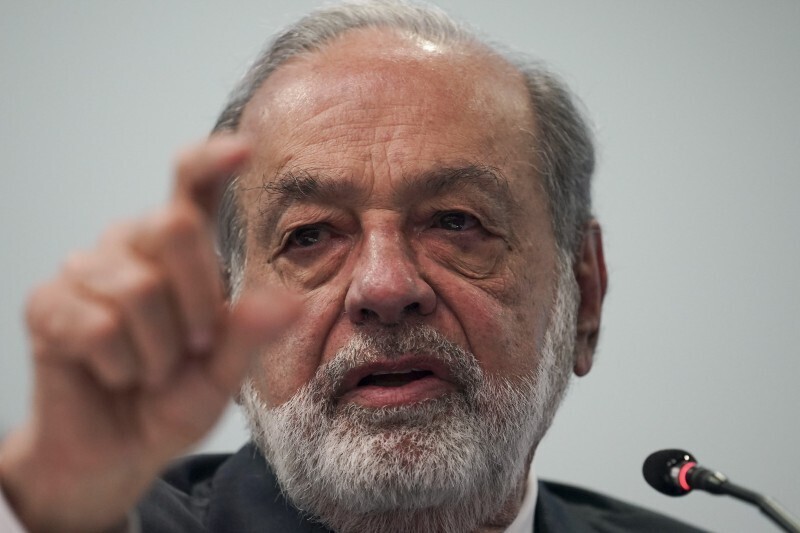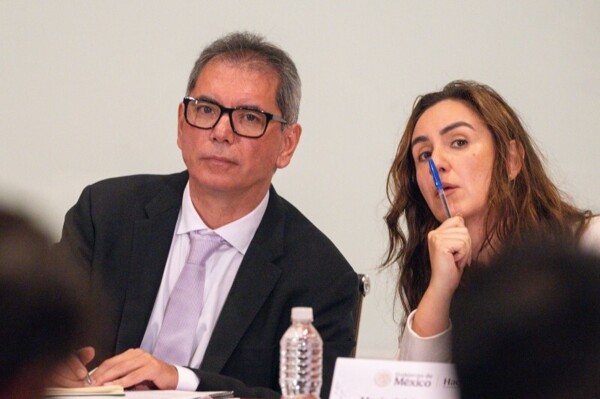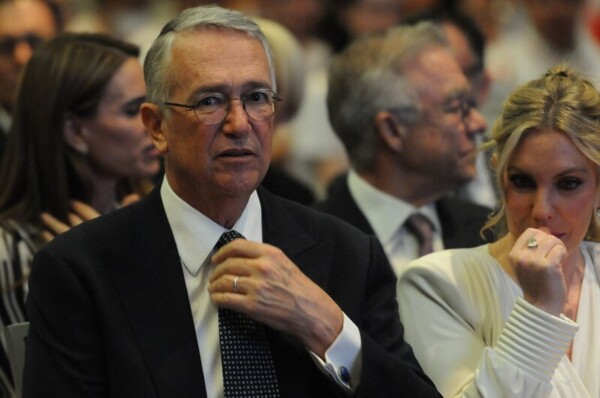
The rise of José Medina Mora as the next head of the Business Coordinating Council (CCE) is due to a concrete synergy between the main entrepreneurs of the so-called Monterrey Group and the influential Antonio Del Valle. According to sources in Del Valle's circle, a key criterion was that Carlos Slim, the country's largest businessman whose fortune is inseparable from the government, could no longer run the main business organization through Francisco Cervantes. "This is not a competition; in the United States, many business and political leaders complain about Slim's role in government deals, so having him lead the CCE was not a good move," explains a businessman involved in the negotiations that led to Medina Mora's candidacy. The sentiment towards Slim in Washington is poor, as was evident in January when he tried to approach Donald Trump, accompanied by Cervantes, without any success. According to business circles, he rejected Cortina (on Altagracia Gómez's recommendation) but praised both Sofía Belmar and Arturo Carranza. Medina Mora thus emerged as the intermediate option that ultimately prevailed. In terms of domestic policy, Del Valle has been stating since March that entrepreneurs strongly supported Sheinbaum, especially on migration issues with Trump, but that they had not been heard on any aspect of the administration, compounded, of course, by the judicial reform. This idea, with some nuances, also weighed heavily in rejecting the candidates pushed by Cervantes and Slim, especially with the renegotiation of the USMCA on the horizon.














